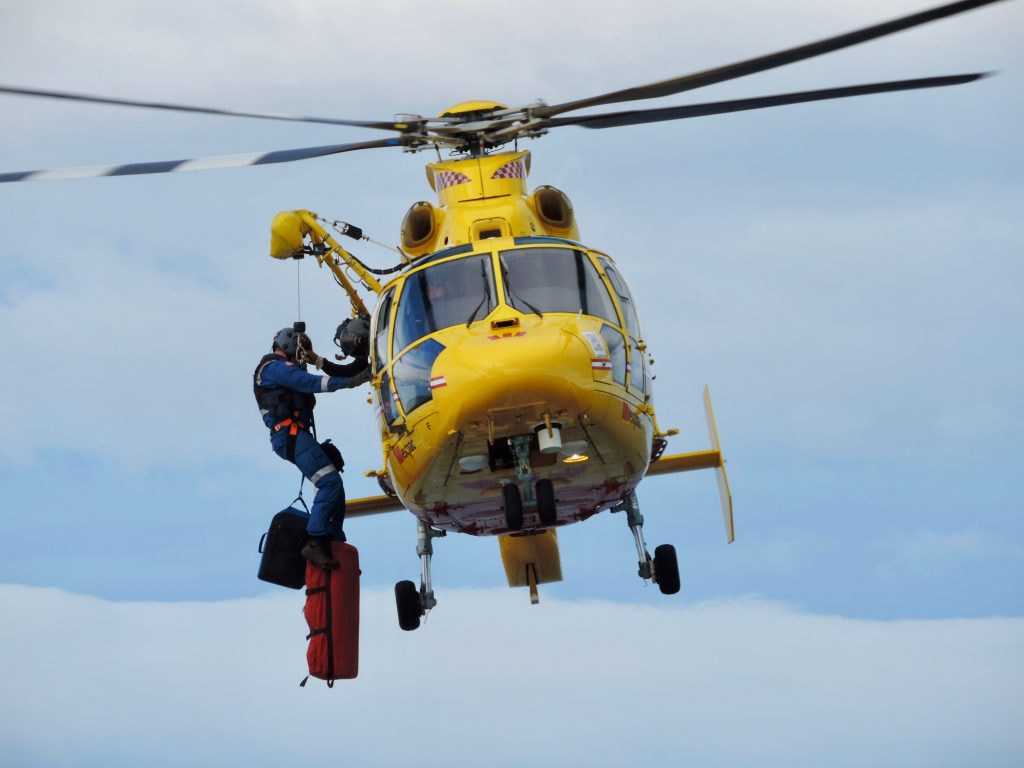A swathe of new laws has unsettled grant organisations who rely on pokies to fund their community programs. Some are taking action to stop the changes. Air Rescue NZ, One Foundation and others are going to the High Court claiming a flawed consultation process and ambiguous wording would make enacting the new requirements impossible.

One For All
The Gambling Alliance of New Zealand (GMANZ) has added their name to the list of three organisations already going up against the Minister of Internal Affairs. The amendments, coming into play December 1st, require a large amount of new daily record-taking and information gathering. Some of the new requirements are seen as intrusive.
Each of the organisations: One Foundation, Air Rescue Services, Kiwi Gaming Foundation, and GMANZ, focus on community assistance through grants. The first three all own and run multiple venues with gambling machines and use the profits to give grants to their own foundations’ initiatives, and those of their nearby communities. GMANZ is “a peak body that represents the vast majority of the class 4 gaming machine societies that operate in New Zealand.”
The organisations have many complaints about the upcoming amendments and are disappointed that they weren’t adequately consulted beforehand. Class 4 gambling venues (venues that have slot machines) will soon need to perform and record three sweeps per hour of the gambling machine areas. Each time they do a sweep they will then need to extensively document what they witnessed.
Not only will they need to describe and name every individual using each machine every sweep, but they’ll also need to speak with players who were there during any previous sweeps. The number of employees per shift, monitoring and interacting with players in the slot machine areas, will need to increase to allow for the extra time needed to do this. Training of existing and new employees is also necessary, due to the requirements for personal interaction and documentation.
But Wait, There’s More
Along with the already significant extra duties above, organisations will need to monitor and record cash withdrawals made by anyone in the venue. The amendments will require staff to approach and speak with gamblers who have made two or more cash withdrawals in one day. This is regardless of the amount of cash withdrawn and applies to withdrawals by all patrons of the venue, in case they use that cash to play the pokies later.
When the Department of Internal Affairs (DIA) was asked for advice on how venues with multiple cash points could do this, their response was not welcomed. They stated that, if a person withdraws cash over the bar, away from a gambling machine area, the bar staff could good-naturedly inquire of their customer, “Is that for playing the pokies?” And then, report to the gambling machine area staff what the answer was, with a description of the person. Each staff member of each cash point area will need training in the new laws and the skills required to uphold them.
The reason for the cash withdrawal monitoring and interrogations, according to the DIA, is that taking money out multiple times could be a sign of gambling harm. This is a fair assumption, as spending more on gambling than planned and chasing losses are two signs of gambling harm, according to Safer Gambling Aotearoa. However, the complaining organisations say that someone who takes $20 out twice, shouldn’t be considered as exhibiting signs of problem gambling. But under the new law it would be.
Each time someone takes $20 out, they’ll need to be talked with and that discussion documented. Moreover, the manager will need to review each documented discussion, document their own review and whether they took any further action over it. Every staff member and customer will be scrutinised each step of the way.
The foundations applying for the law changes to be stopped or changed are worried about what this could do to the atmosphere of the clubs. Anyone who has cash on them at the venue will need to prove they didn’t withdraw it that same day, or it will be counted as the first of two strikes symbolising potential gambling harm.
It seems a bit far-fetched but currently, with the amendments worded as they are, the venues could be penalised for not having a conversation with anyone who has cash on them when they enter and who then make one withdrawal at the venue. The venue will be required to ascertain whether the cash the patron has on them already was acquired by a cash withdrawal from their bank that same day.
The organisations taking the DIA to court argue that the cash withdrawal and sweep duties weren’t listed as potential changes during the official consultation process. Considering the impact that these changes will have on each Class 4 gambling venue, it will be interesting to see whether the High Court of New Zealand sees this lack of consultation as reason enough to have the amendments altered or stopped altogether.
A list of their complaints can be found here.




